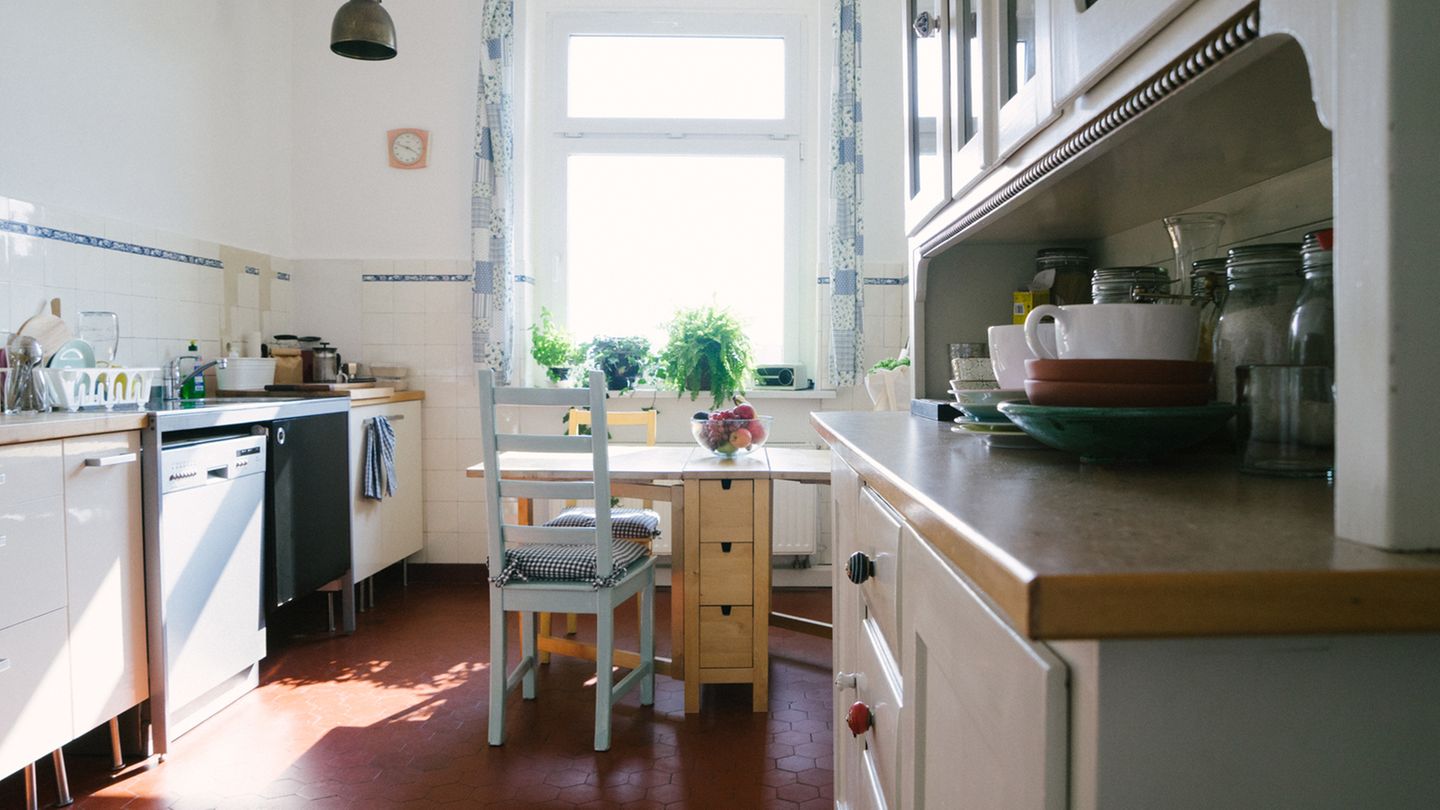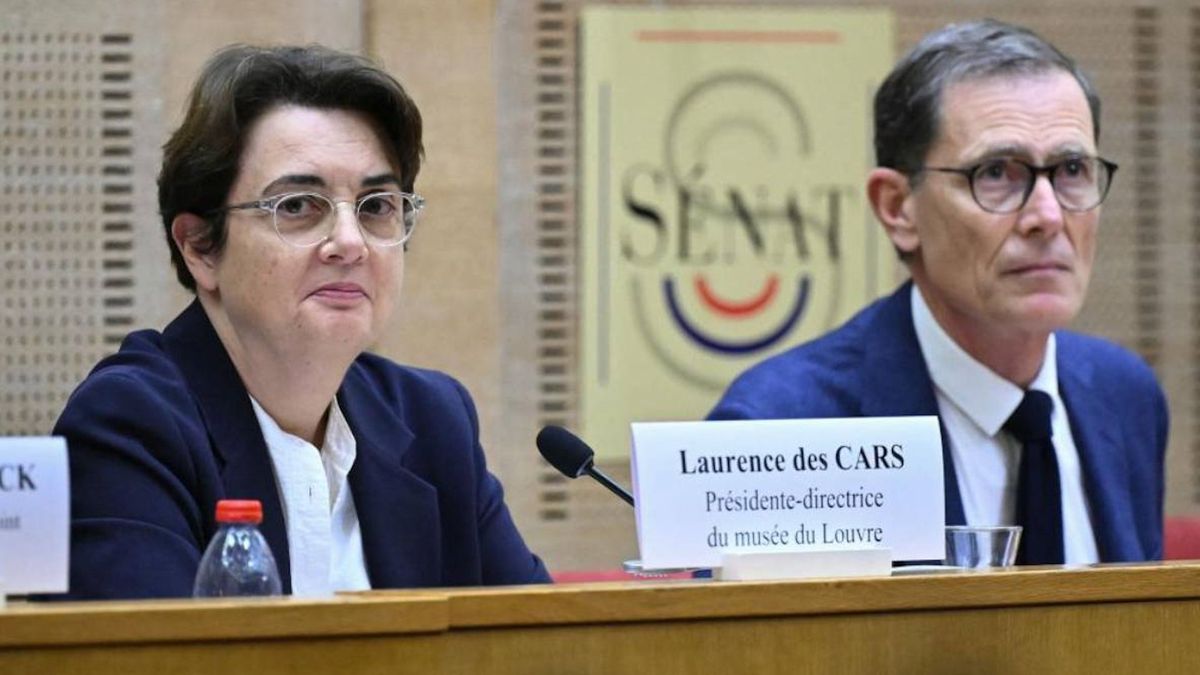Rents in Germany stagnated for two and a half years – now the break in the rental market is over. Current figures show where it will be more expensive again.
Most recently it was property prices that went through the roof. Housing is now becoming more expensive again for tenants in Germany. This is indicated by a current analysis by the Hamburg real estate specialist F + B, who continuously monitors rents and purchase prices.
Accordingly, the average new lease rents in the second quarter rose faster than real estate prices for the first time in a long time. In the three-month period, rental apartments were offered 1.1 percent more expensive than in the previous quarter. Previously, the prices for new rentals had fallen slightly or remained constant – albeit at a high level in many places. “The now two and a half year stagnation phase in the new rental contracts has apparently come to an end,” writes F + B.
Expensive metropolises are becoming more expensive
However, it is not (yet) getting more expensive everywhere. After all, apartments were offered cheaper in 12 of the 50 most expensive cities than in the previous quarter. In the last evaluation three months ago, this was still the case for 17 cities. F + B therefore speaks of a trend reversal.
Tenants still have to pay most in Munich. Although the Bavarian metropolis is already the most expensive pavement in the republic, the new contract rents there increased again by 1.9 percent. A ten-year-old 75-square-meter standard apartment in Munich costs an average of € 1,245 basic rent.
In all other top 7 metropolises, too, market rents rose in the second quarter compared to the first quarter. This was the strongest in Frankfurt with plus 3 percent, least in Hamburg with plus 0.6 percent. In between are Dusseldorf, Berlin, Stuttgart and Cologne (see table).
Table: New contract cold rents per square meter in the top 7 metropolises *
|
city |
Market rent Q2 2021 |
vs. Previous quarter |
vs. Previous year |
|
Munich |
16,60 Euro |
+1,9% |
+1,9% |
|
Frankfurt |
12,10 Euro |
+3,0% |
+1,8% |
|
Stuttgart |
11,90 Euro |
+0,9% |
-1,2% |
|
Hamburg |
10,70 Euro |
+0,6% |
-0,5% |
|
Cologne |
10,40 Euro |
+0,7% |
+2,1% |
|
Düsseldorf |
10,40 Euro |
+1,6% |
+1,0% |
|
Berlin |
8,40 Euro |
+1,2% |
-1,7% |
* Price of a 75 square meter standard apartment: Source: F + B
Special case Berlin
In Berlin, new rents are also slowly picking up again after the rent cap has broken down. In the second quarter they rose by 1.2 percent compared to the previous quarter, but are still below the level of a year ago, when the rent cap was still in force. The price per square meter of 8.40 euros is still by far the lowest in a metropolitan comparison and only half as high as in Munich.
In perspective, F + B expects further increases for the capital after the federal election and the election for the Berlin House of Representatives, which is taking place at the same time. Large commercial landlords and housing associations were still acting cautiously in order to “not provoke any tightening of tenancy regulations in the run-up to the elections,” write the real estate experts. Unless new statutory rent regulations are introduced, rents in the capital are likely to continue to rise.
Jane Stock is a technology author, who has written for 24 Hours World. She writes about the latest in technology news and trends, and is always on the lookout for new and innovative ways to improve his audience’s experience.




